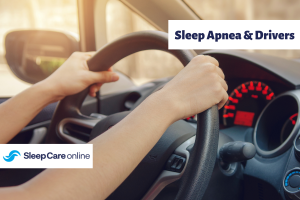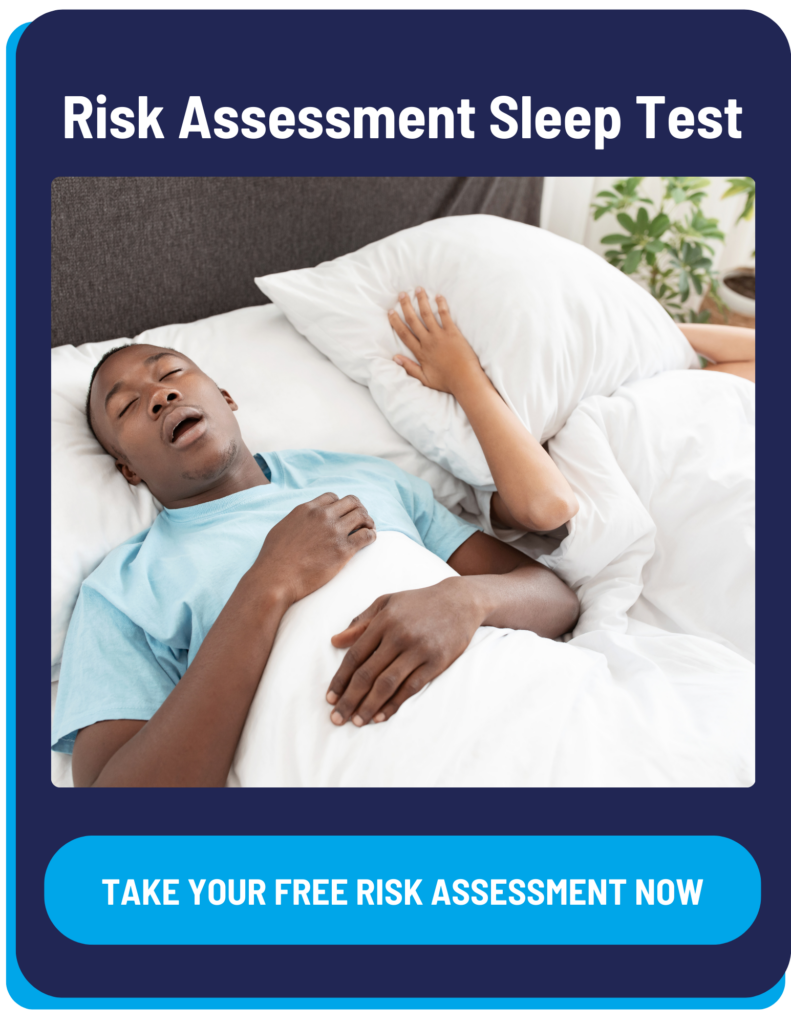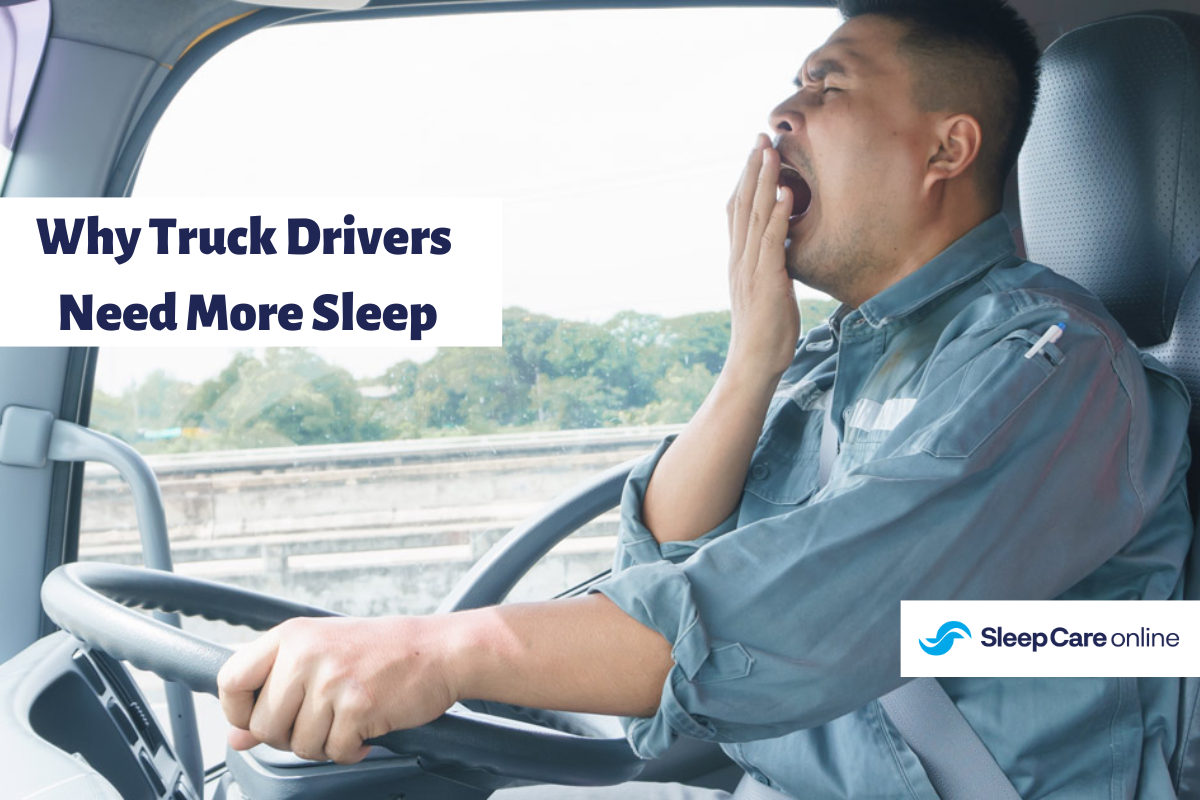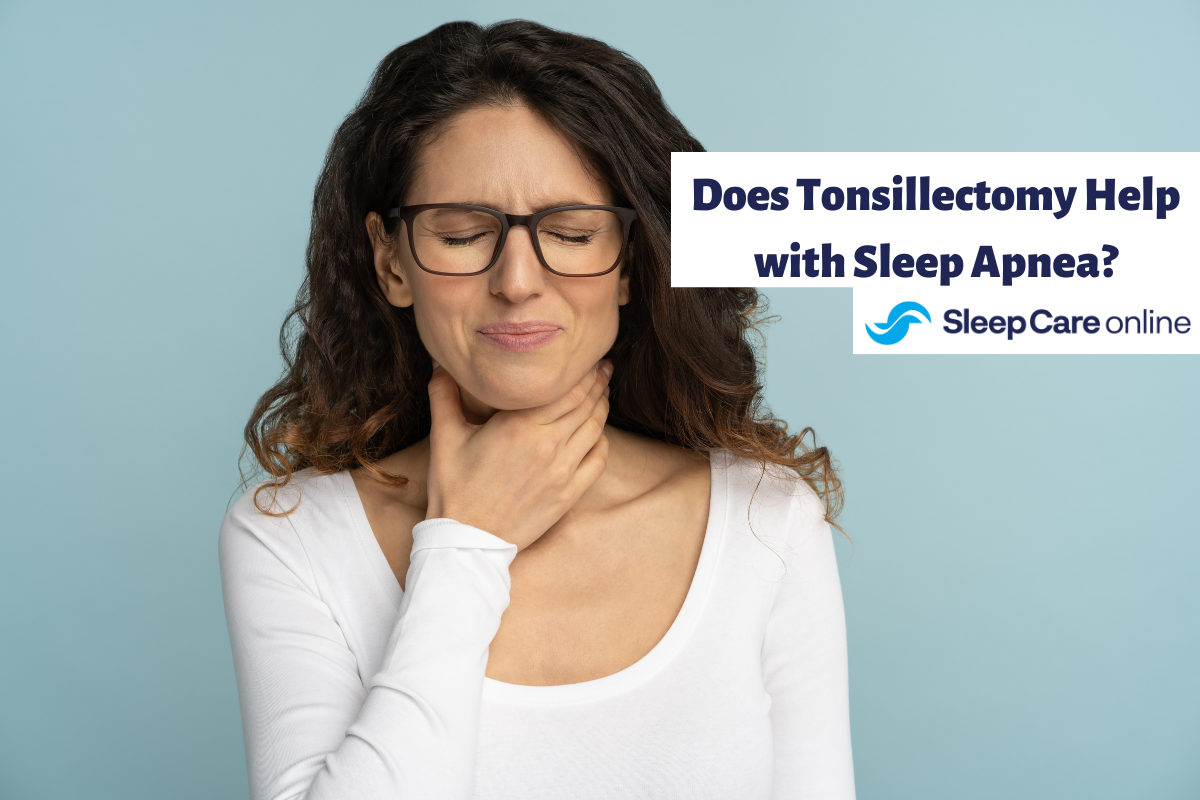Undiagnosed and untreated sleep apnea can be dangerous. Sleep apnea causes sleep deprivation. The more frequently you experience disruptions in healthy sleep due to “apneas” every night, the more likely you will struggle with daytime drowsiness. Often sleep apnea is left untreated because people may feel that the fatigue is the result of a busy life. But this chronic drowsiness does more than make you less productive, it can also reduce your motor skills, and cognitive ability and when it comes to driving— lead to accidents.
What Do You Mean By Drowsy Driving?
When you live with chronic daytime drowsiness due to sleep apnea, drowsiness becomes commonplace. You manage your daily activities at work and at home with the constant burden of fatigue. Those activities may include driving a car. When you get behind the wheel with sleep deprivation you are drowsy driving. That means you may respond less quickly to changing conditions on the road. Your cognitive ability decrease to the same level as someone driving drunk.
Symptoms Of Sleep Apnea
Symptoms of obstructive sleep apnea (OSA) are easy to identify. They may include:
- Chronic drowsiness, even after you have just woken up
- Difficulty concentrating
- Poor memory
- Mood swings
- Irritability
- Feelings of depression or anxiety
- Loud snoring (usually reported by a bed partner)
- Waking up at night gasping for air
- Chronic morning headaches
- Dry mouth in the morning
If you experience any of these symptoms on a regular basis you may be suffering from sleep apnea. It is important to get tested for this disorder, and you can do so from the comfort of your own home using Sleep Care Online.
When Are Drowsy Driving Accidents Most Likely To Occur?
Drowsy driving accidents usually occur late at night, somewhere between midnight and 2 am. Drowsy driving is especially common for those who drive a vehicle for a living. That means the risk of accidents increases as they increase their time behind the wheel. Often late-night drivers are individuals who drive for a living and are often driving deliveries at night or are racing to meet next-day deadlines. This type of driver with chronic sleep loss can be a serious hazard on the road.
How Common Are Sleep-Related Accidents?
Each year, drowsy driving accounts for about 100,000 crashes, 71,000 injuries, and 1,550 fatalities, according to the National Safety Council (NSC). More people who struggle with sleep deprivation and get behind the wheel increase the safety risk to themselves and others on the road. Uber drivers working late night shifts, interstate semi-drivers racing to meet morning deliveries in another state and those who are on a road trip and refuse to pull over to rest are the most common sleep-related accidents.
As sleep loss due to sleep disorders like sleep apnea becomes a bigger problem, drowsy driving becomes more commonplace.
Why Am I Falling Asleep While Driving?
Sleep is like a bank account: when you rest you restore your brain and body, like putting assets in a bank. When you do not have healthy sleep, your brain and body never get the chance to recover from the previous day’s activities. You become depleted, just like a bank account that is overdrawn.
When you try to drive under these sleep-deprived conditions you are less capable of making safe choices and responses when you get in the driver’s seat and may even doze off behind the wheel.
Does Sleep Apnea Lead To Car Accidents?
Sleep apnea and other sleep disorders that cause sleep deprivation and drowsy driving can lead to car accidents. Without enough sleep, you may not respond in time to changing traffic conditions. You may slam on the brakes too late to avoid a collision or turn the wheel too late to avoid another vehicle. In the worst-case scenario, sleep loss causes you to fall asleep behind the wheel, turning your car into a two-ton out-of-control object rocketing down the highway.
Is It Ok To Drive If You Have Sleep Apnea?
Sleep apnea is a common sleep disorder. If properly diagnosed and treated, most patients with sleep apnea can drive safely, even at night. Many late-night drivers including truck drivers who experience sleep apnea can continue their job without concern for safety if they take treatment seriously. If you have sleep apnea, your goal when driving is to get behind the wheel when you know you have had a good night’s rest.
Making sure you manage your sleep apnea with doctor-prescribed treatment ensures that you can safely drive without worry.
How Can You Be More Alert While Driving?
Driving fully alert is the best way to avoid accidents. So, ensuring you take steps to stay alert ensures safe driving.
- Get the sleep you need. Plenty of rest helps your mind and body become restored and stay alert when you get behind the wheel.
- Add a passenger. An extra person in the car with you, especially on a long drive, can help you stay stimulated and alert.
- Avoid your cell phone. Stop taking calls, texting or searching the internet while driving. These habits can be distracting and reduce your alertness.
How Can You Prevent Accidents From Lack Of Sleep?
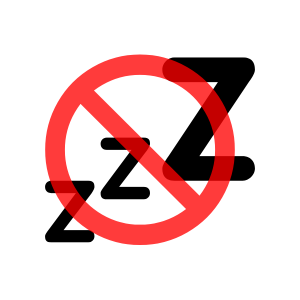
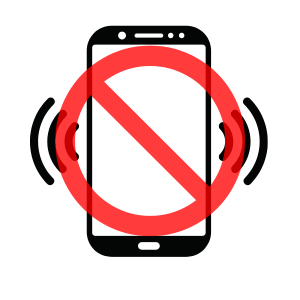
Get Tested for Sleep Apnea
If you are feeling any of the symptoms of sleep apnea, it is recommended to get tested for this disorder right away. Online services, like Sleep Care Online, provide a safe and effective way to get tested from the comfort of your own home. Learn more about Sleep Care Online by calling 866-465-4478 today!

